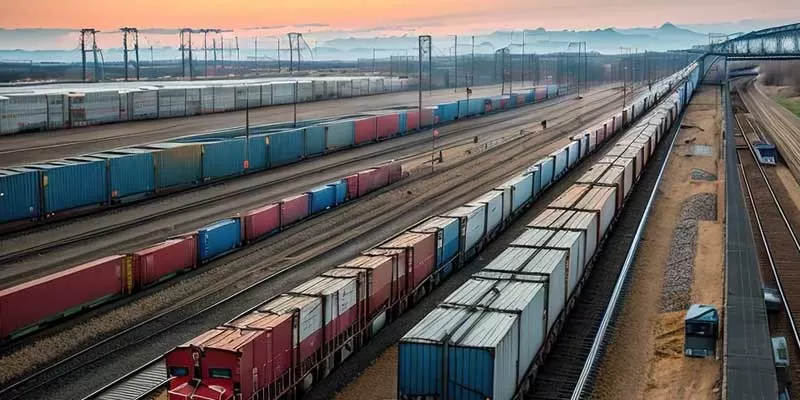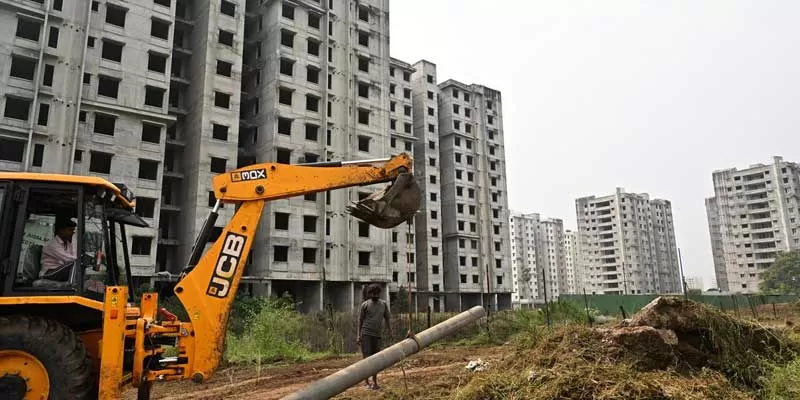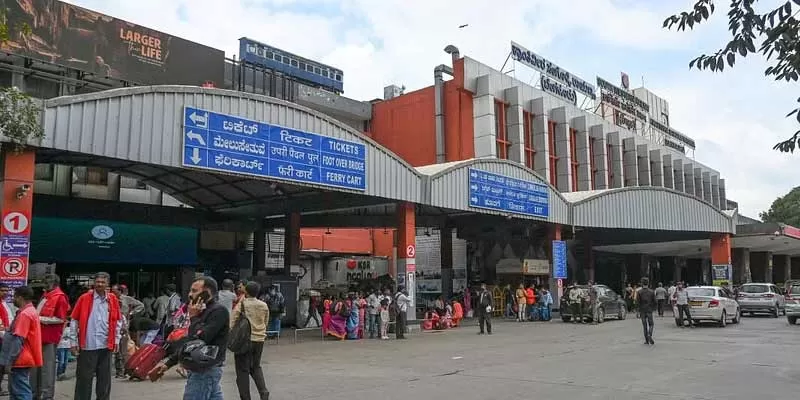

Sindi Multimodal Logistics to Begin Operations In 2025
The Sindi Multimodal Logistics Park is expected to commence operations in the upcoming year, potentially beginning with exports to Bangladesh via a riverine route. DeltaCorp, the developer that signed a concessionaire agreement with Maharashtra Multimodal Logistics Park Limited (MMLPM), has reportedly sought permission to initiate operations using the existing infrastructure, allowing it to start ahead of the scheduled commercial operation date. Sources indicate that the dry port, commonly referred to as the Sindi dry port, is likely to begin by exporting goods such as cotton, automobile part..

Amaravati Project Back on Track with Renewed Momentum
The Amaravati Project, envisioned as the growth centre of Andhra Pradesh, is witnessing a revival after a five-year hiatus. Following the victory of the NDA alliance in the 2024 general elections and the return of N. Chandrababu Naidu as Chief Minister, the project has gained renewed vigor, marking a dramatic turnaround for the state’s capital development. Originally launched with great enthusiasm in October 2015, with Prime Minister Narendra Modi laying its foundation, Amaravati’s progress came to a halt during the tenure of the YSR Congress Party (YSRCP) government. Former Chief Ministe..

Site Identified for Proposed Mega Rail Terminal near Bengaluru
The proposed mega coaching terminal near Devanahalli, on the outskirts of Bengaluru, is progressing as South Western Railway (SWR) officials move forward with plans to commission a feasibility study. This terminal, part of a nationwide Railway Board initiative, aims to accommodate growing passenger traffic and offer extensive maintenance facilities. The SWR has identified a site for the terminal in the villages of Bullahalli and KG Gururayanahosuru, near Venkatagiri Kote Halt station. Strategically located, the site lies close to National Highway 44 (Bengaluru-Hyderabad Road), 7 km from the S..















